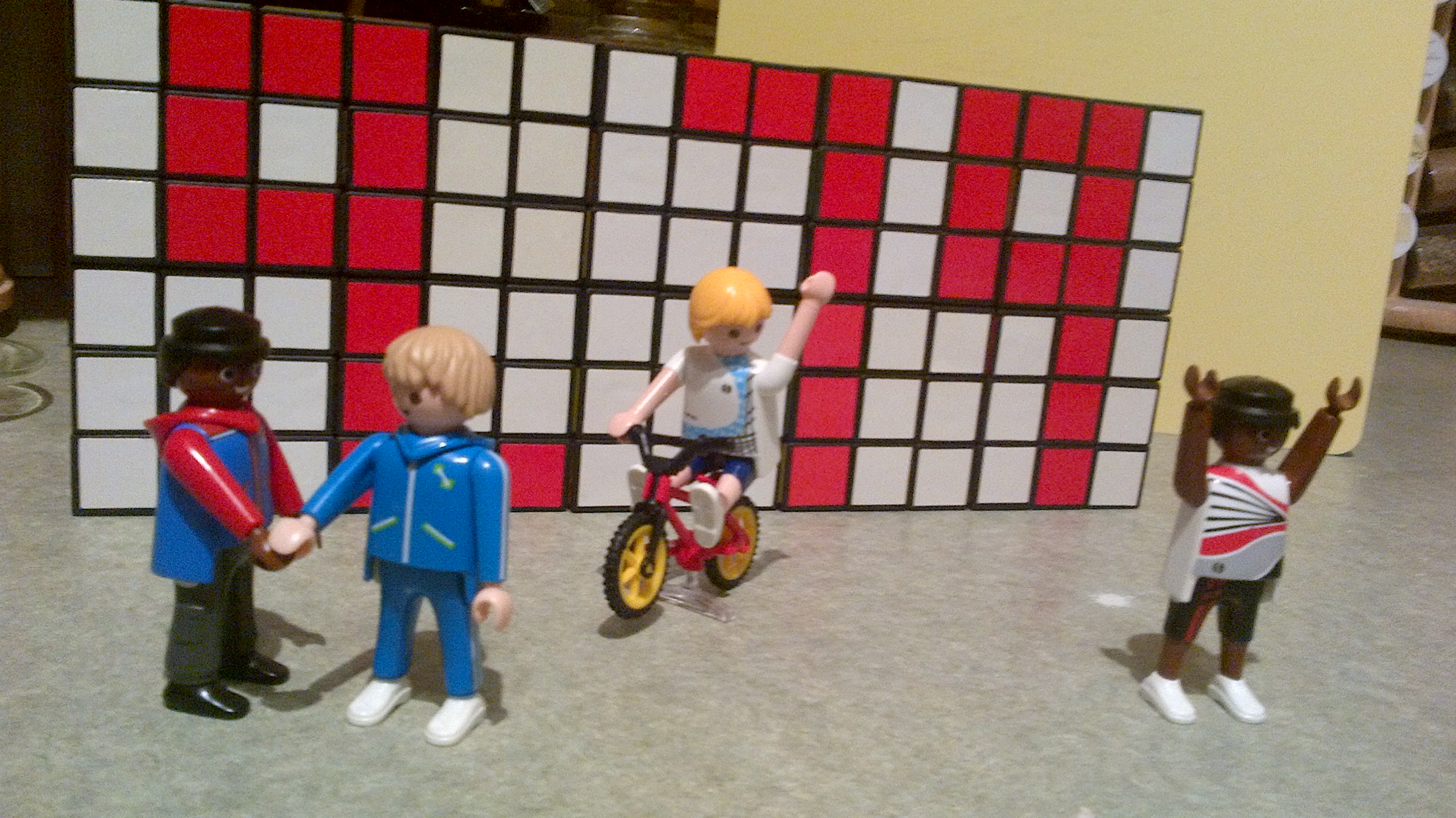Twenty-five years ago this week our country was in turmoil. There was only one thing we wanted to hear about on the news and there was only one thing we discussed at the coffee shop. Even on the playground at my elementary school, all we wanted to talk about was how much we hated Ben Johnson. Only a few days before, of course, he was our greatest hero. His monumental victory at the Seoul 1988 Summer Olympics was our victory too. His enemy, the cocky Carl Lewis, was our enemy too. So when Ben tested positive for use of performance enhancing substances and his medal was stripped away, it was as though Ben had allowed our enemy to celebrate. The joy we felt in the moment of his win was turned to agony and was stretched out for weeks and months after that.
In the time that followed, we as a nation became quite introspective. We wanted to know just how rampant this kind of drug use was among our athletes. Other countries were happy to believe that their programs were fine, but our international reputation had been scarred and we needed to fix that. We interviewed doctors, coaches and doctors. A number of atheletes came forward and admitted their drug use. They publicly recognized the impact their behaviour had on us, their fan base, and they apologised. They told stories of broader drug use and an internationally corrupt system, but we didn’t believe them and while we may have heard their apologies, we certainly didn’t forgive them.
More recently the sports world has had to come to grips with drug use in cycling. A similar hero admitted to using similar substances which was followed by a similar scandal. In the years since 1988, six of the eight runners in that 100m dash final have had positive drug tests. The skeptics would say that we can no longer assume that our athletes are all clean. But it certainly paints a clearer picture of the world that Ben Johnson was competing in.
Some would say that he doesn’t deserve it, but I have forgiven Ben Johnson. After all, he apologised. He later repeated his mistake and coached others to do the same, but he has punished for his transgressions, and then some. We were wrong to hold him up on a pedastal like we did, and when he fell off of it, we were wrong to kick him while he was down. I think any of us as parents, teachers or community leaders can identify with the risks of being held up too high and the grace required when one does not live up to unrealistically high expectations.
I think he has some more apologising to do, but I would be willing to forgive Lance Armstrong too. For a long time, he would aggressively defend himself against any accusations of his drug use and now he has admitted that it was all true. For all of those who put their faith in him, forgiveness will be difficult. For all those left in the wake of his compulsive self-defense mechanisms, forgiveness will be a long journey. From the outside though, I see in his defensiveness the same patterns of deception that all of us are capable of when we too are caught in a lie. When we try to be alone at the top of the ladder, we will find that the bottom is even lonelier.
The greater question, though, is, “Can I forgive Carl Lewis?” While some suggest otherwise, officially he has nothing to apologise for. Even if he did, the greater problem is the resent in my heart. There is a quote that says, “Forgiveness is like setting a prisoner free, and then realizing that the prisoner is you.”
For all of the Ben Johnsons, Lance Armstrongs and Carl Lewis’ in your life and for their adequate and inadequate apologies, it is important for all of us not to live in that past, but to look toward a future free of the burden of resent that we all carry.

Leave a Reply